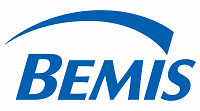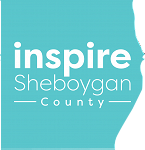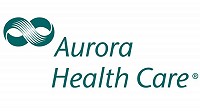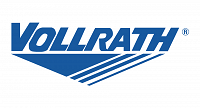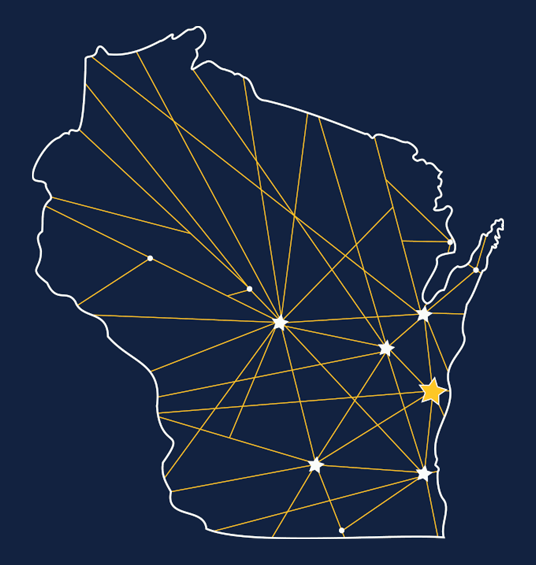We value work and the learning that happens in the workplace
Lakeland is the only school in the Midwest offering students an opportunity to earn a full year of academic credit for their work experience.
At Lakeland, our students immediately build on the learning that happens in our classrooms. We know students learn best through hands-on experiences and the opportunity to reflect. We think students bring more to the classroom when they have real-world experiences to draw upon.
Whether you are a seasoned professional or just graduating high school, Lakeland's award-winning Cooperative Education program has an option for you!
Cooperative Education is all about hands-on learning outside the classroom. Students learn more by doing. They gain real-world knowledge and earn academic credit for hands-on professional work experience — and coursework is centered around these real-life experiences, situations and career goals.
Lakeland students explore their interests and, when they graduate, feel confident they will find a career in which they are passionate. Lakeland works to equip students with the necessary skills to land those dream jobs. By attending Lakeland and participating in our Cooperative Education, students think critically, communicate, collaborate, lead and solve real-word problems. These are the skills that employers need in their workforce, and our students have opportunities to acquire them through our Co-Op jobs.
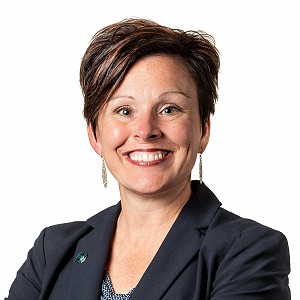
"We believe students should never have to choose between college and work. Learning on the job, when combined with guided reflection, is simply a better way to learn."
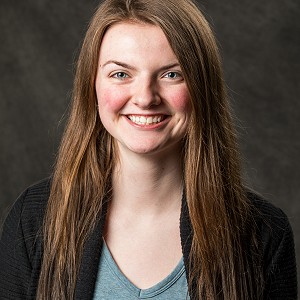
"I would advise future Lakeland students to start with the Co-Op program as early as possible. There are so many great opportunities to make Lakeland more affordable and earn professional experience."
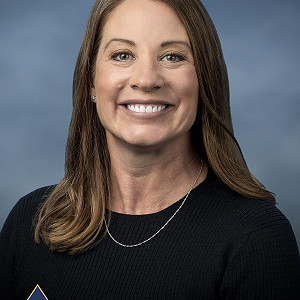
“The exercises I did when I was taking Co-Op credits helped me reflect on what I was doing day-to-day and helped me learn. You’re not just working to get credits; you’re reflecting on your day and your week.”
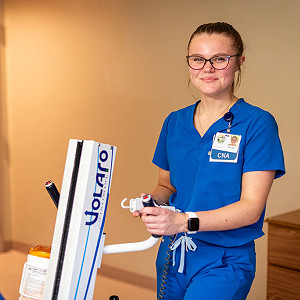
"Lakeland gives me the opportunity to grow in my career while getting paid and earning college credits."
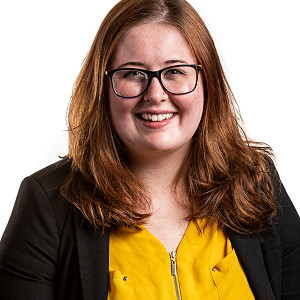
"I chose Lakeland because of the opportunities the Co-Op program granted me, and the many great businesses that surround Lakeland."
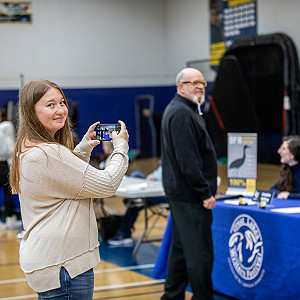
"Having the ability to have my employment help me both financially and educationally is beyond helpful. I don't know what I'd do without the Co-Op program."
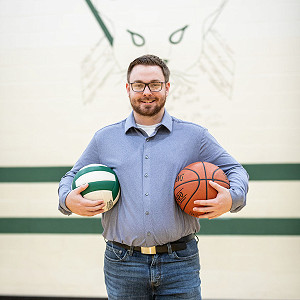
"Co-Op gives me the opportunity to explore and apply the knowledge I have learned in the classroom into the real-world."
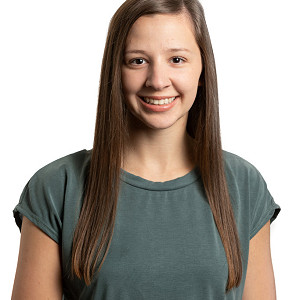
“Having that experience in college is what employers are looking for. I don’t want an entry-level position or internship when I graduate. I want a job at a higher level where I will be held accountable and know I can handle the responsibilities.”

“Proving to my employer that I am a hard-working student and that I will do what it takes to gain their respect while getting my degree can only help with getting a full-time job after graduation.”
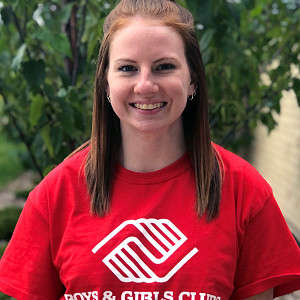
“By working with Lakeland’s Co-Op program, I have found it easier to pay my tuition as well as increasingly easier to maintain a job as a college student. Employers working with Lakeland and their program are sympathetic towards our academics and other schedules.”
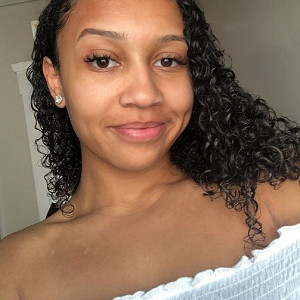
“It’s really cool that Lakeland has so many partnerships, and it opens up doors you didn't know you had access to.”
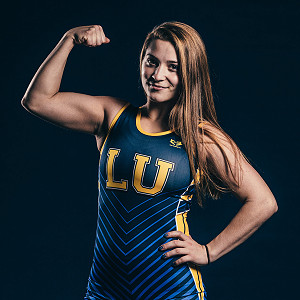
“I was amazed at how Lakeland made a college education affordable by letting students work off the debt each year. I am incredibly grateful for the program, as it gave me relief from a financial burden.”
There’s more than one way to get a college education and Lakeland offers them all.
Explore the different ways you can earn credits toward your education. Don’t see one that fits you? Contact an admissions counselor – and we will help customize an option that will.
Traditional (Main Campus)
High school graduates looking for a traditional college experience
Attend Lakeland’s main campus in Sheboygan County through a traditional college experience - all while offsetting the cost of tuition through wages and scholarships over four years.
Why Co-Op?
Worried you'll miss out on "college life"? You won’t! Cooperative Education works around your schedule, so you are free to join a sport, the band, the choir, student organizations, get a role in the play or participate in one of our many program-specific organizations. By earning academic credit for your work, we keep you on track to graduate in four years!
Evening & Online (Undergraduate & Graduate)
Designed for the busy, working adult
At Lakeland, students have unrivaled flexibility to supplement their core courses with academic or hands-on learning that achieves their individual career goals as part of their degree. Students earn academic credit toward their degree for existing and future work projects that benefit you and your employer!
How to earn credit:
Lakeland has partnered with businesses and organizations of all sizes throughout Wisconsin, many of which provide discounted tuition rates and tuition reimbursement benefits. Contact an admissions advisor at getstarted@lakeland.edu to learn more about how you can earn credit for your work experiences towards a bachelor’s or master’s degree.
Credit For Prior Learning
Earn undergraduate credits for prior work experience
Many students come to the classroom with a wealth of knowledge and experience from their professional lives. Lakeland will help you earn credit for that prior learning! You can earn up to 30 undergraduate credits for documented evidence of experiential learning.
Other
Customize an option to meet your needs
Unsure what option is best for you? Fill out the form below and an admissions counselor will work with you to better understand your academic and career goals and customize an option to meet your needs.
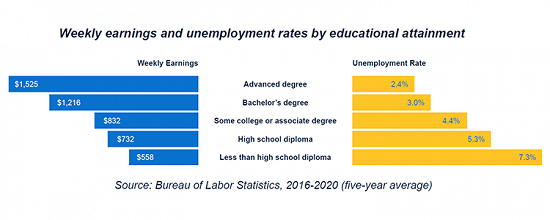
A growing number of U.S. adults believe that a four-year college education is “not worth the cost.”
Higher education needs to innovate to deliver on the promise made to students. Since our founding in 1862, Lakeland has a history of evolving to challenge the status quo of higher ed and meet the needs of our students. Our award-winning Cooperative Education program is the latest example. We're committed to providing a quality college education, while also ensuring you don’t take on unnecessary student debt.
Employer partners from across the state of Wisconsin that represent a wide variety of professional work environments and industries are eagerly collaborating with Lakeland to hire well-prepared, highly motivated students.
No matter the pathway students choose, our Cooperative Education & Career Readiness team will help connect them with our powerful career network to land a job at one of the area's top companies.
At Lakeland, you aren’t just earning a degree. We are connecting you with globally recognized companies and learning the skills that employers are seeking.
Our Cooperative Education & Career Readiness team helps students build confidence, explore career options, and develop their personal brand. We connect students with meaningful Co-Op placements, internships, and full-time opportunities through strong partnerships with leading employers.
Meet Our Team
Office Hours, Social Media, Etc.
Location
Hours of Operation
Social Media
Services Offered
A significant benefit of a Lakeland education is that our relationship with you will be personal and ongoing. The services our office provide include:
Career Readiness Hub
Click the link below to find resources on writing resumes and cover letters, preparing for interviews, sending thank-you notes, following up with employers, and other small actions that can make a big difference in your job search.
Everything is designed to help you feel confident, prepared, and ready to take the next step in your career.

